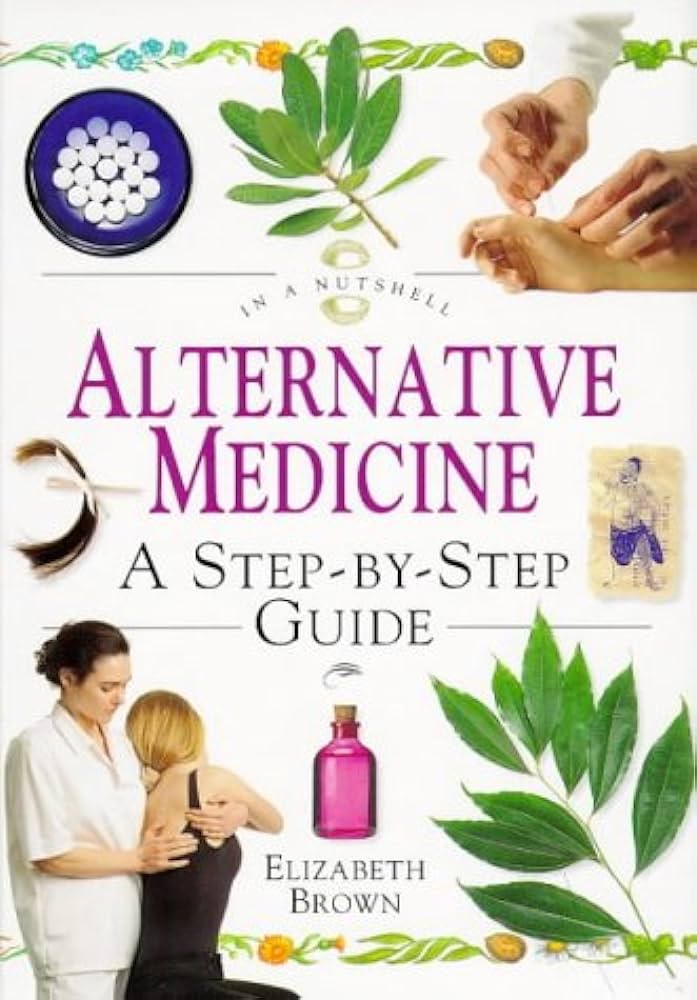Ph.D. in Alternative Medicine: Introduction, Admission, Registration, Eligibility, Duration, Fees, Syllabus 2024

Introduction:
A Ph.D. in Alternative Medicine provides a unique platform for scholars interested in deepening their understanding and expertise in holistic and integrative health practices. This advanced degree explores the scientific underpinnings of alternative therapies, their efficacy, and their integration into mainstream health care. As global interest in natural and non-conventional treatments grows, a doctoral program in this field prepares graduates to lead, innovate, and transform health care practices through rigorous research and evidence-based approaches.
Admission Process:
- Identify Programs: Research institutions that offer specialized programs in alternative medicine at the doctoral level.
- Prepare Application Materials: Gather your academic records, professional resume, letters of recommendation, and a statement of purpose highlighting your research interests and career goals.
- Prerequisites: Many programs require a background in health sciences, such as a degree in medicine, pharmacy, nursing, or public health.
- Research Proposal: Submit a proposal outlining your intended research area, demonstrating how it aligns with the program’s focus and your long-term objectives.
- Interviews: Be prepared for interviews with faculty members to discuss your research interests and your motivation for pursuing a Ph.D. in this field.
- Fulfill Testing Requirements: Some programs might require GRE scores or proof of proficiency in English (TOEFL or IELTS) for non-native speakers.
Eligibility:
- Educational Requirements: A master’s degree in a health-related field is typically required.
- Professional Experience: Experience in a clinical or health setting can be beneficial.
- Academic Performance: A strong academic record, particularly in relevant coursework.
- Research Skills: Demonstrated ability to conduct independent research, critical thinking, and scholarly writing.
Completion Time:
The typical duration for a Ph.D. in Alternative Medicine is between 4 to 6 years, depending on the student's research progress, the complexity of the research topic, and the specific program requirements.
Career Opportunities:
- Academic Careers: Teaching at universities and contributing to academic research in alternative medicine.
- Clinical Research: Leading clinical trials and research projects evaluating the effectiveness of alternative therapies.
- Healthcare Consulting: Advising healthcare organizations on the integration of holistic practices into conventional treatment plans.
- Policy Making: Working with government bodies or international health organizations to develop policies on the use of alternative medicine.
- Entrepreneurship: Starting a wellness center or developing new holistic health products.
Syllabus:
- Foundations of Holistic Health: Overview of various alternative medicine practices and their philosophical underpinnings.
- Research Methodologies: Quantitative and qualitative research methods applicable to clinical and community health studies.
- Herbal Medicine: In-depth study of phytotherapy and the medicinal uses of plants.
- Acupuncture and Energy Medicine: Exploration of traditional Chinese medicine and other energy-based therapies.
- Nutrition and Diet Therapy: Advanced concepts in how diet influences health and wellness.
nternship Opportunities:
- Clinical Internships: Practical experience in healthcare settings that offer alternative treatments.
- Research Internships: Opportunities to participate in ongoing research projects at research institutes or universities.
- International Exchange Programs: Opportunities to study and research at international centers renowned for specific alternative therapies.
Scholarships and Grants:
- Academic Scholarships: Many universities offer scholarships based on merit or need, specifically for doctoral students.
- Research Grants: Opportunities to secure funding from governmental and non-governmental organizations for specific research projects in alternative medicine.
- International Fellowships: Scholarships available for studying abroad or participating in international research collaborations.
- Private Foundations: Grants from health foundations that support innovative research in integrative and holistic health.
FAQs:
What differentiates a Ph.D. in Alternative Medicine from a medical degree?
A Ph.D. focuses on research and academic understanding of alternative therapies, whereas a medical degree prepares for clinical practice.
Can I practice medicine with a Ph.D. in Alternative Medicine?
While a Ph.D. does not qualify one to practice as a medical doctor, it prepares graduates for roles in research, education, and consultancy in health practices.
What are the most common research areas in this field?
Research areas include the efficacy of herbal medicines, the impact of nutrition on health, and the mechanisms of acupuncture, among others.
Are there online Ph.D. programs in Alternative Medicine?
Yes, some institutions offer online or hybrid programs, especially focusing on the theoretical and research components.
How can I finance my Ph.D. in Alternative Medicine?
Look for university scholarships, external grants, and fellowship programs designed to support doctoral studies in health-related fields.
